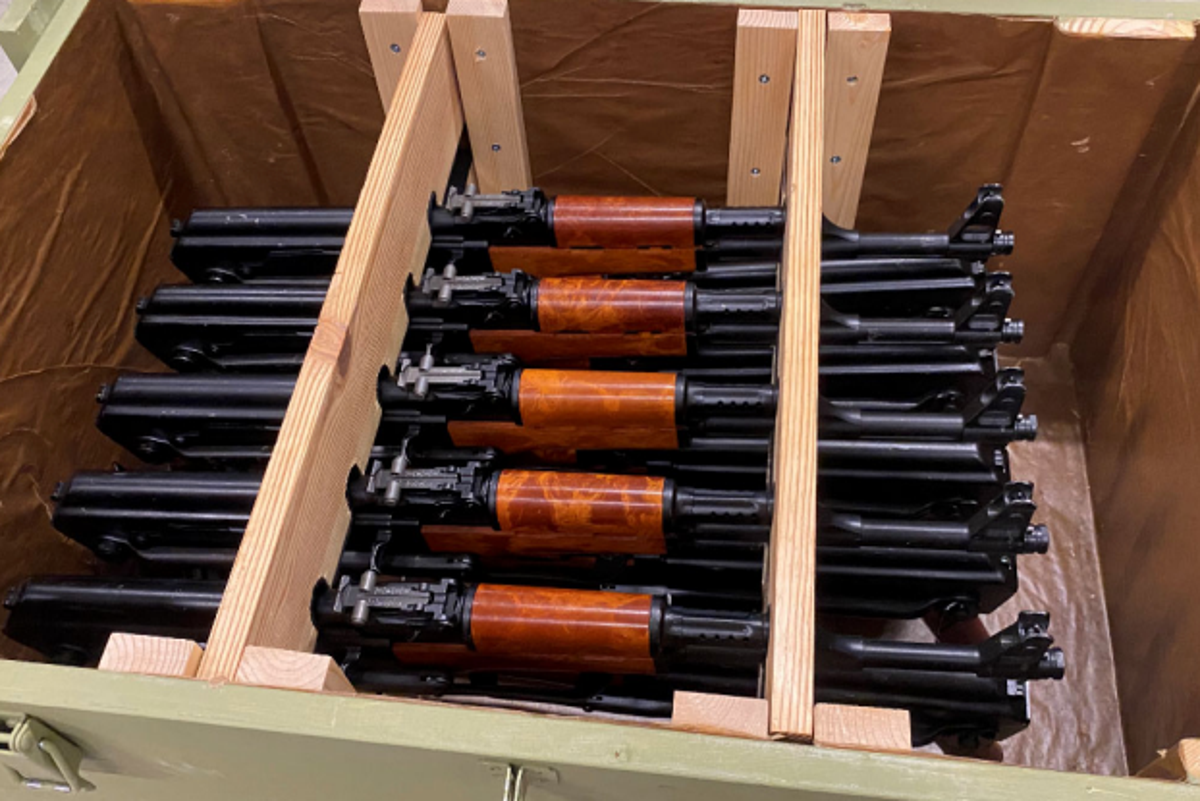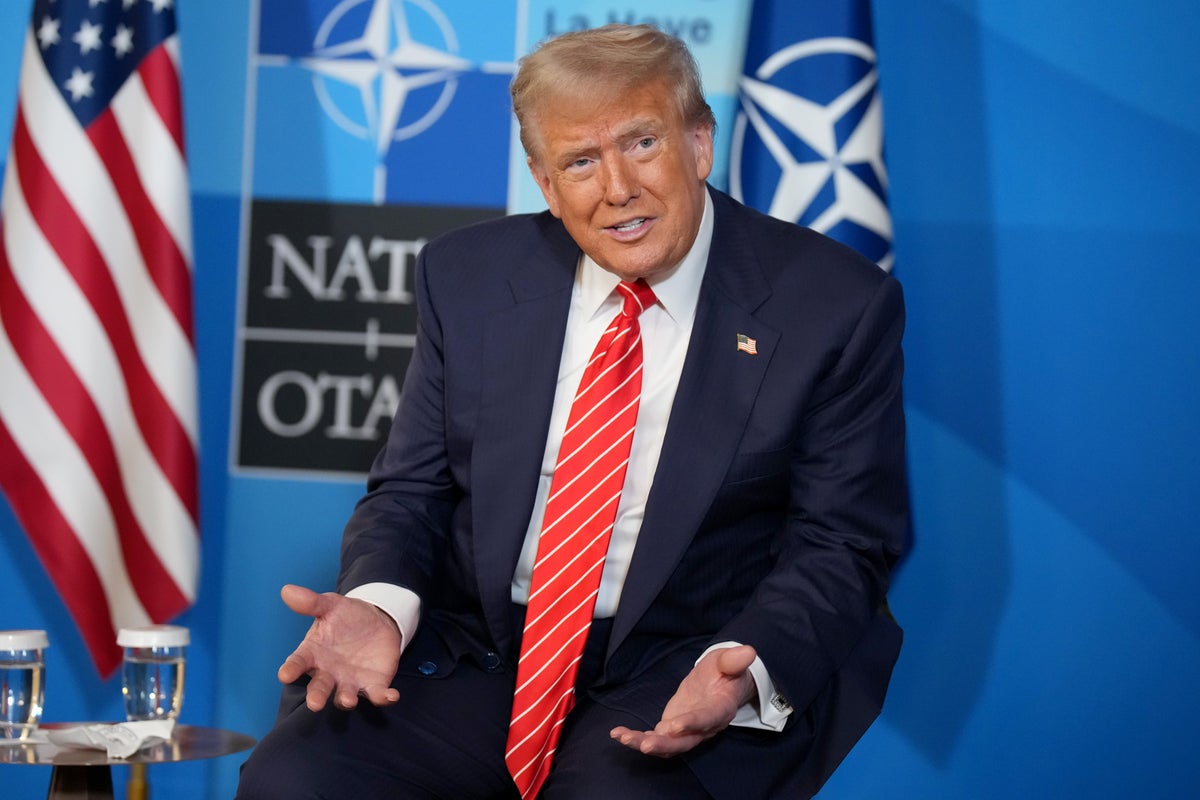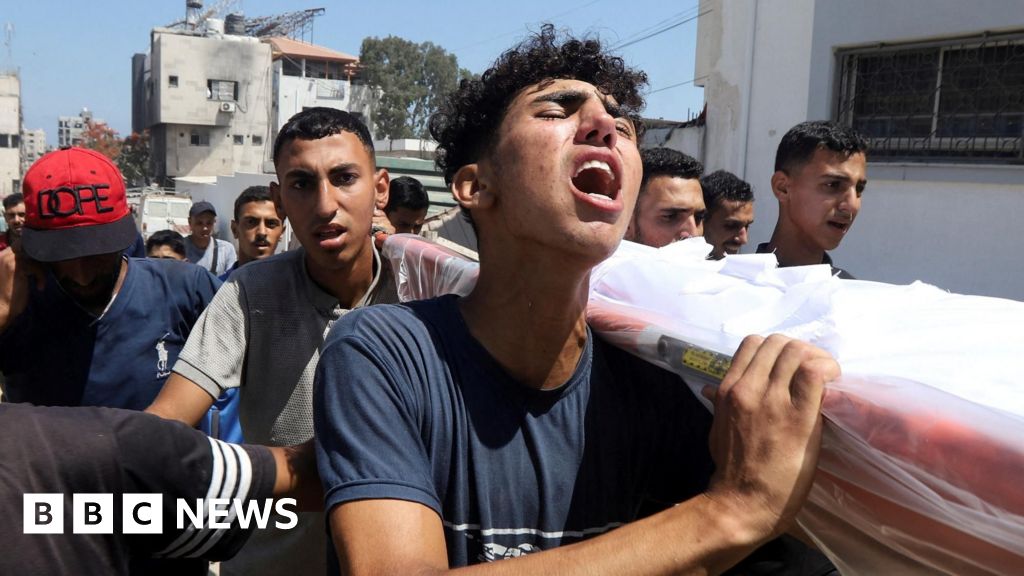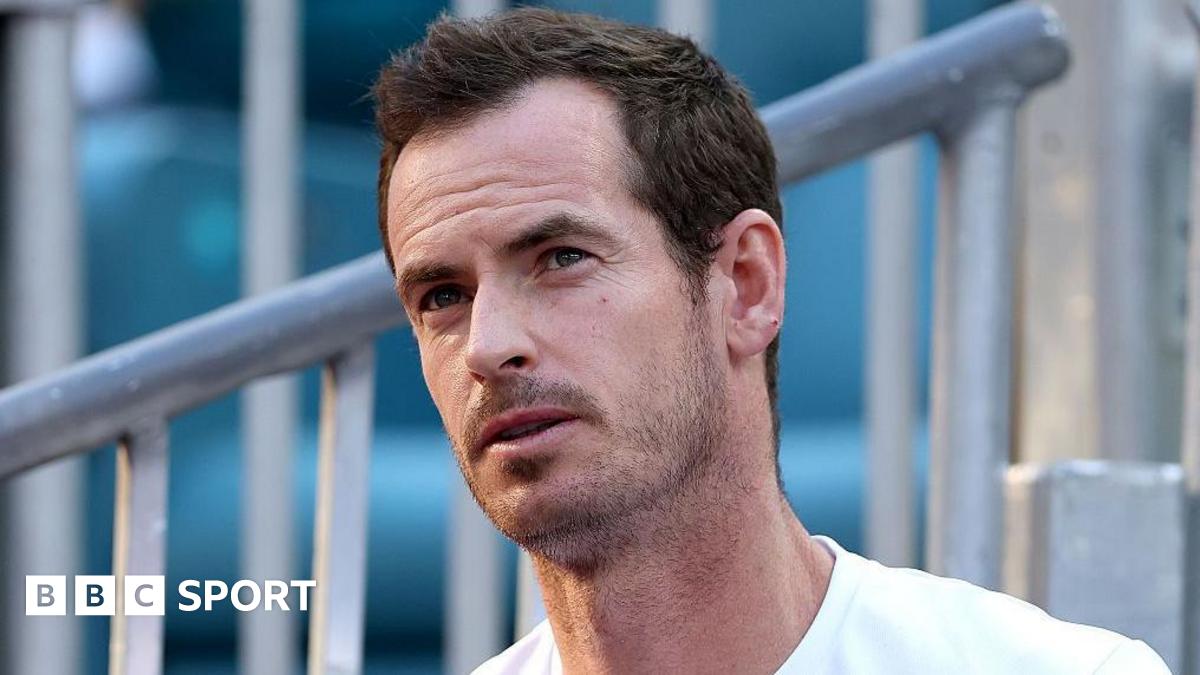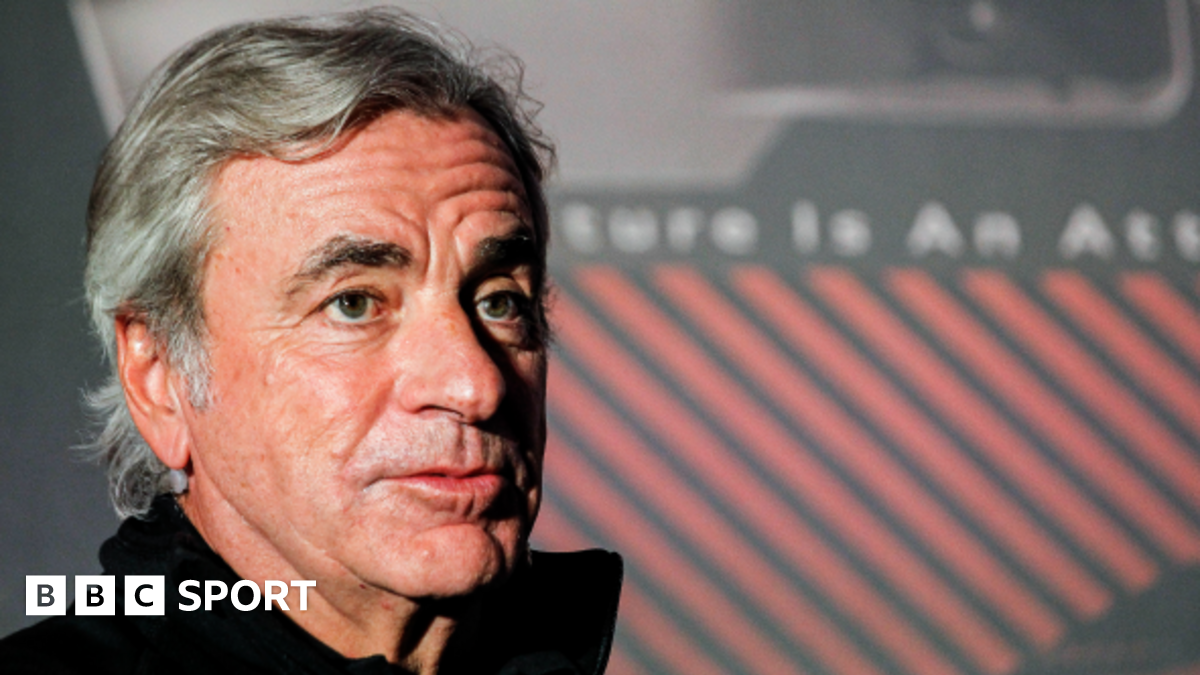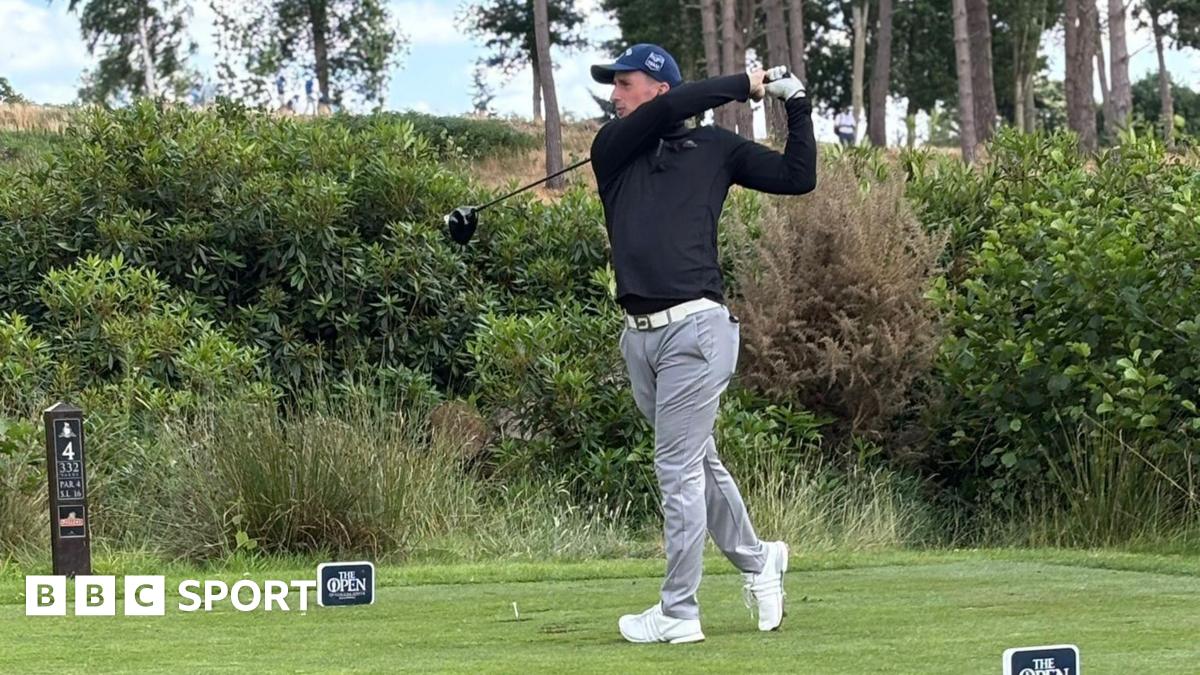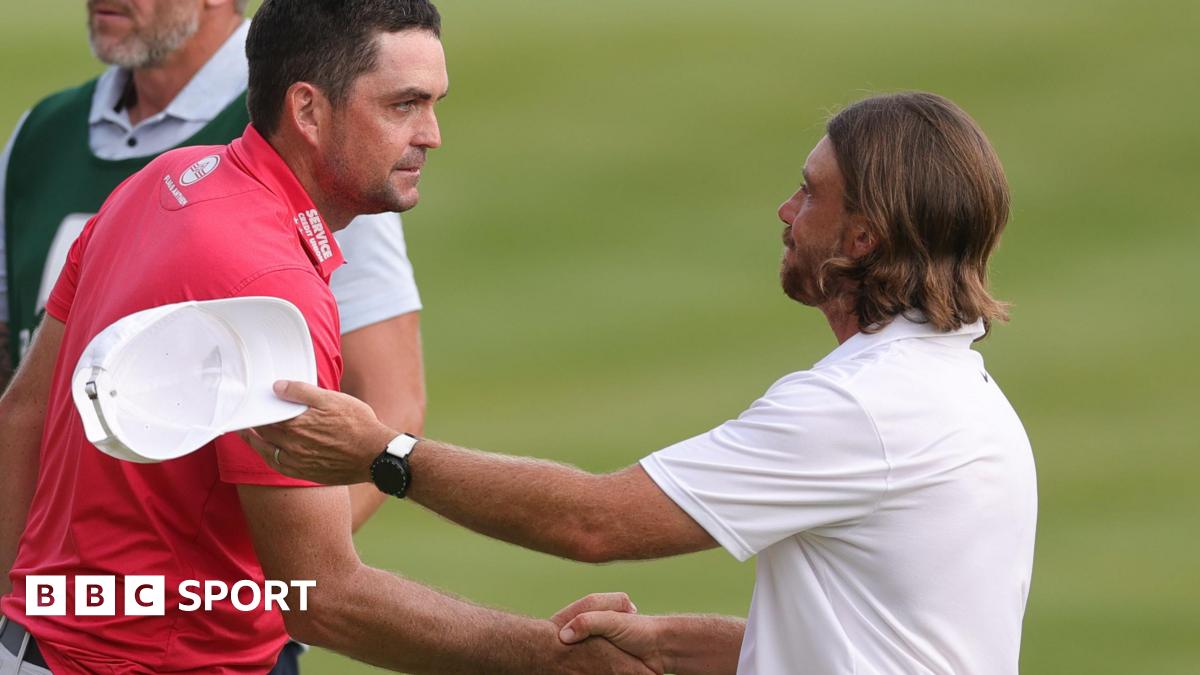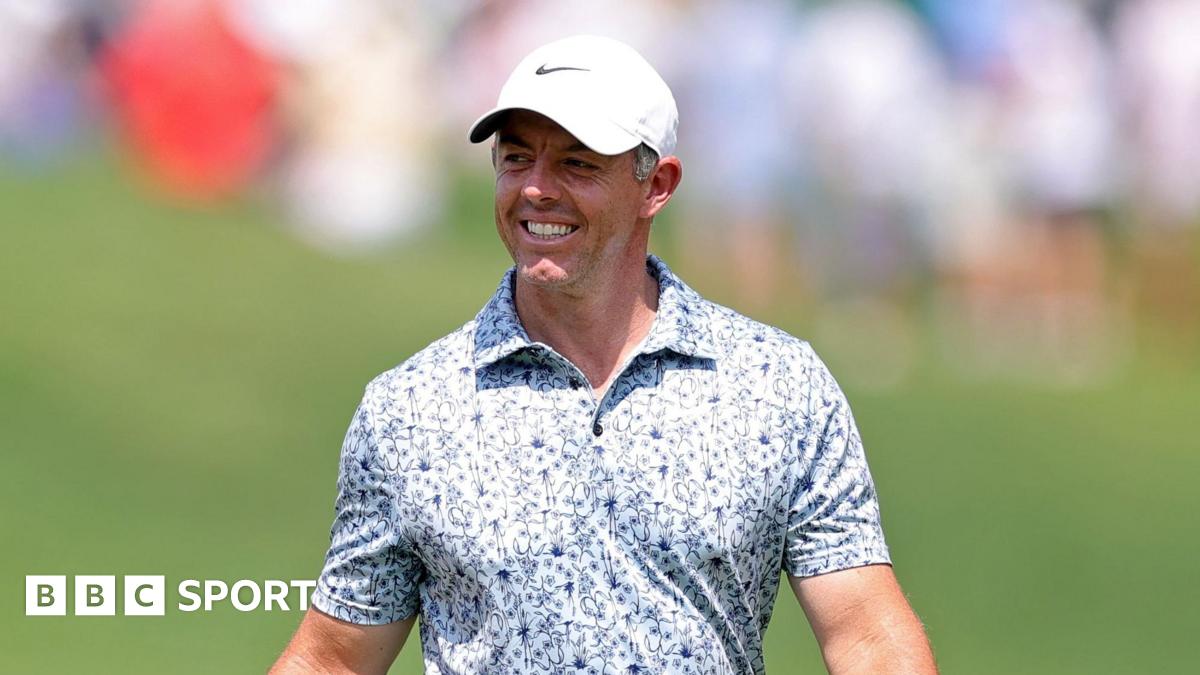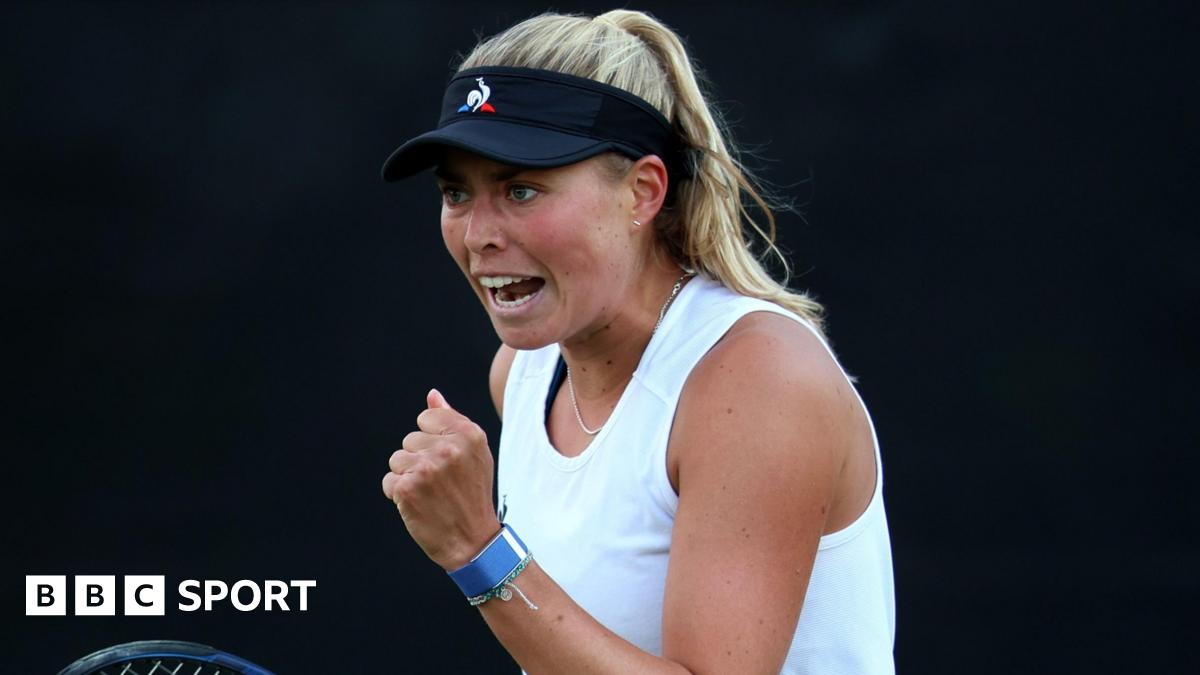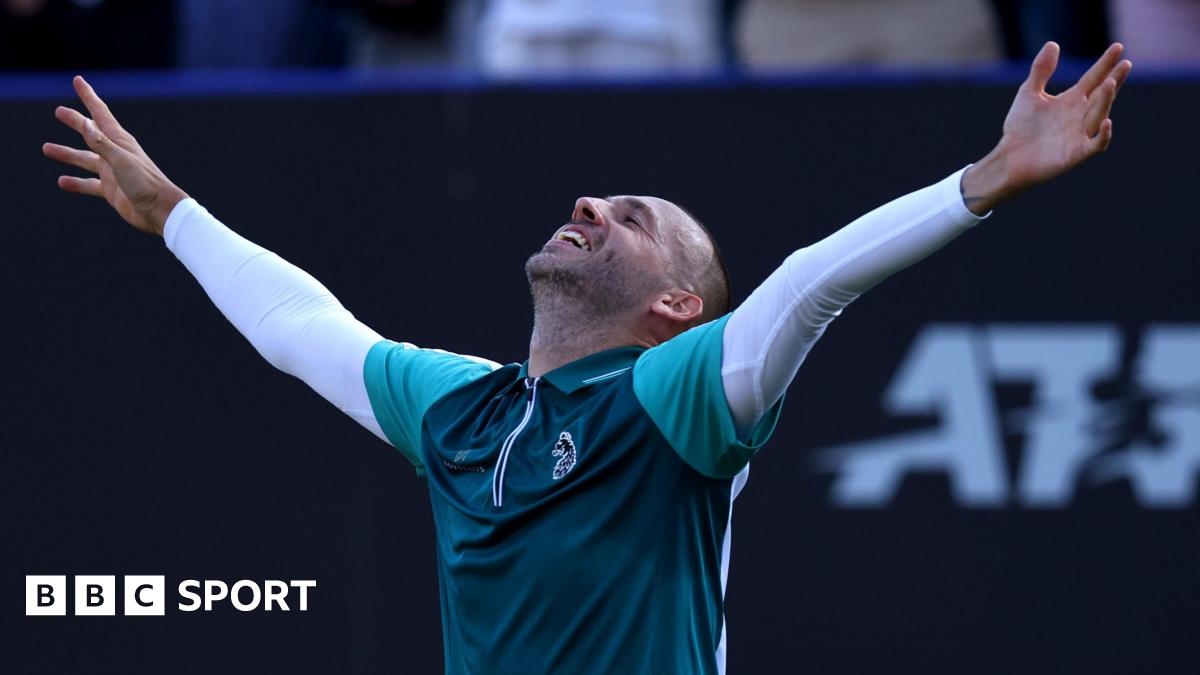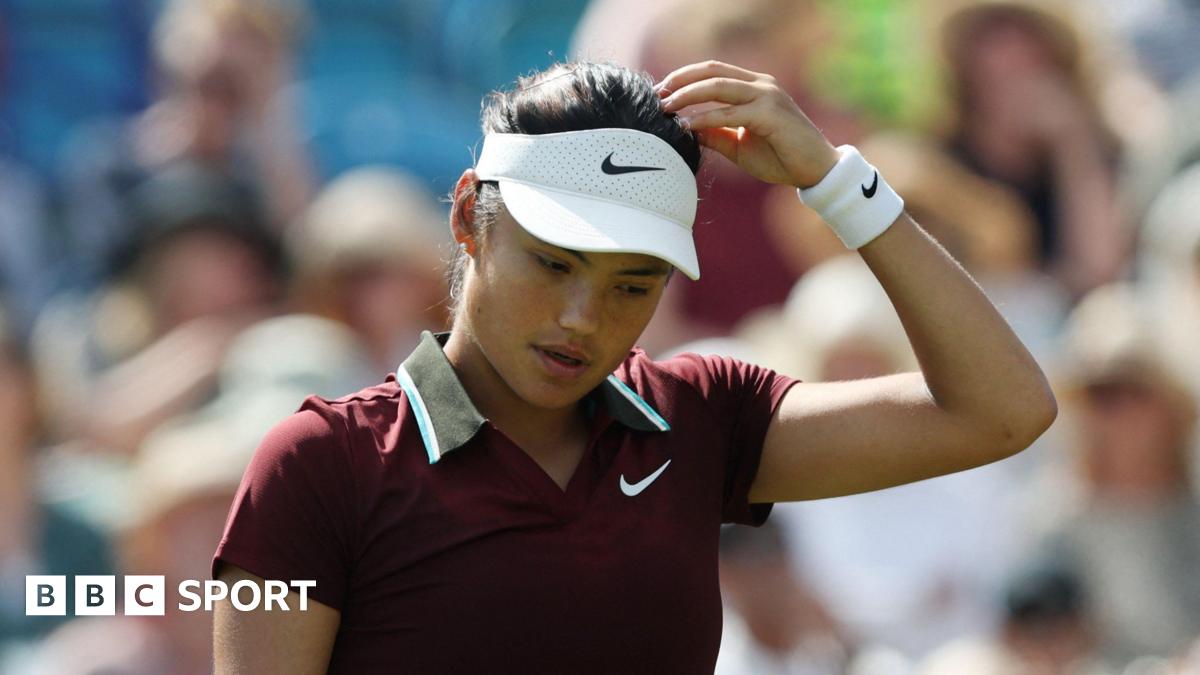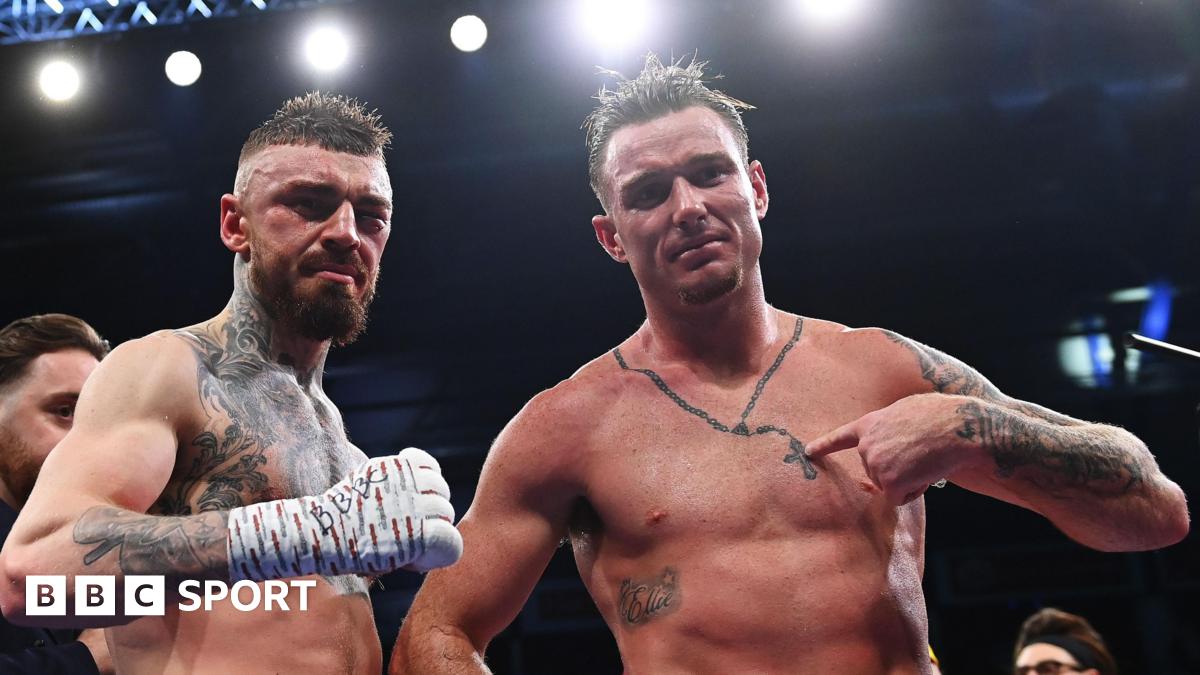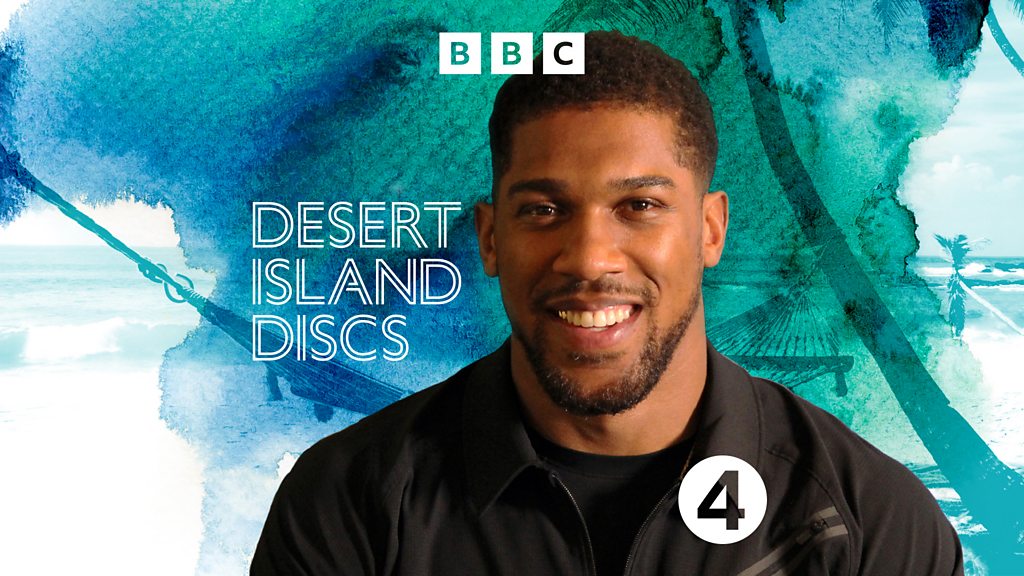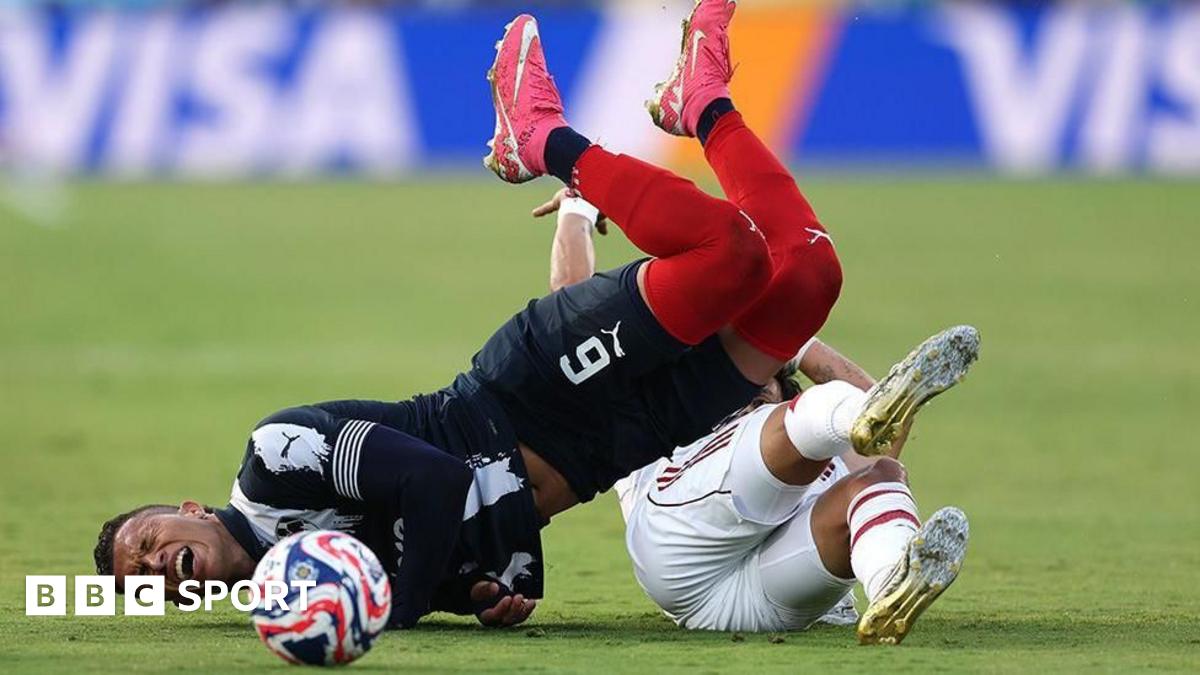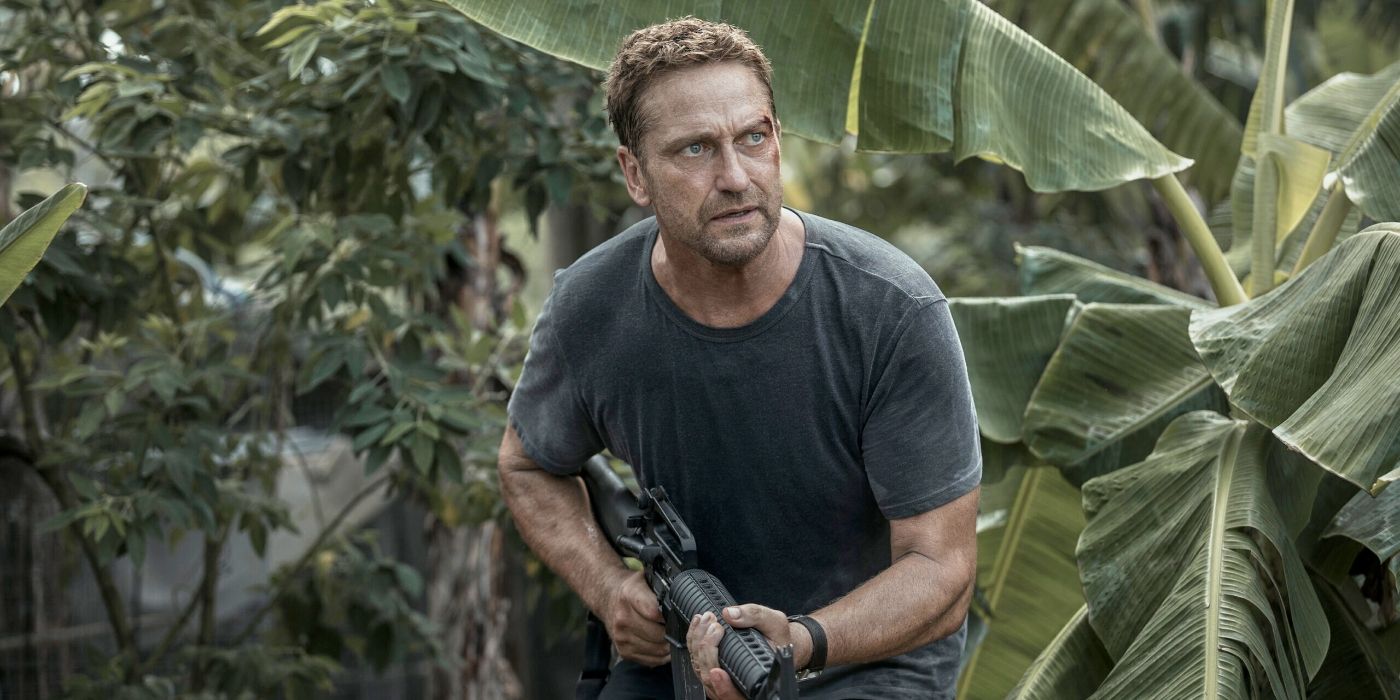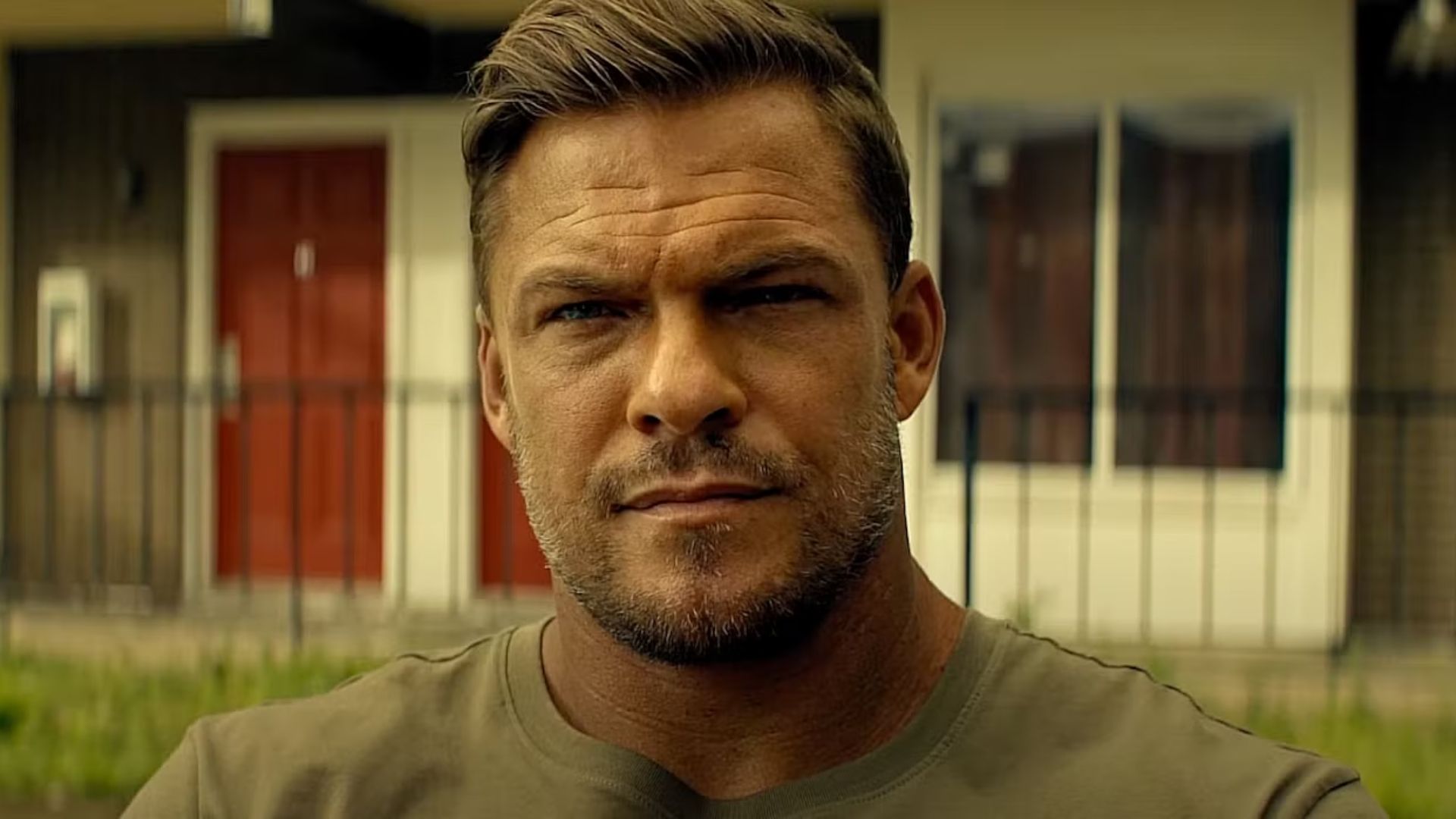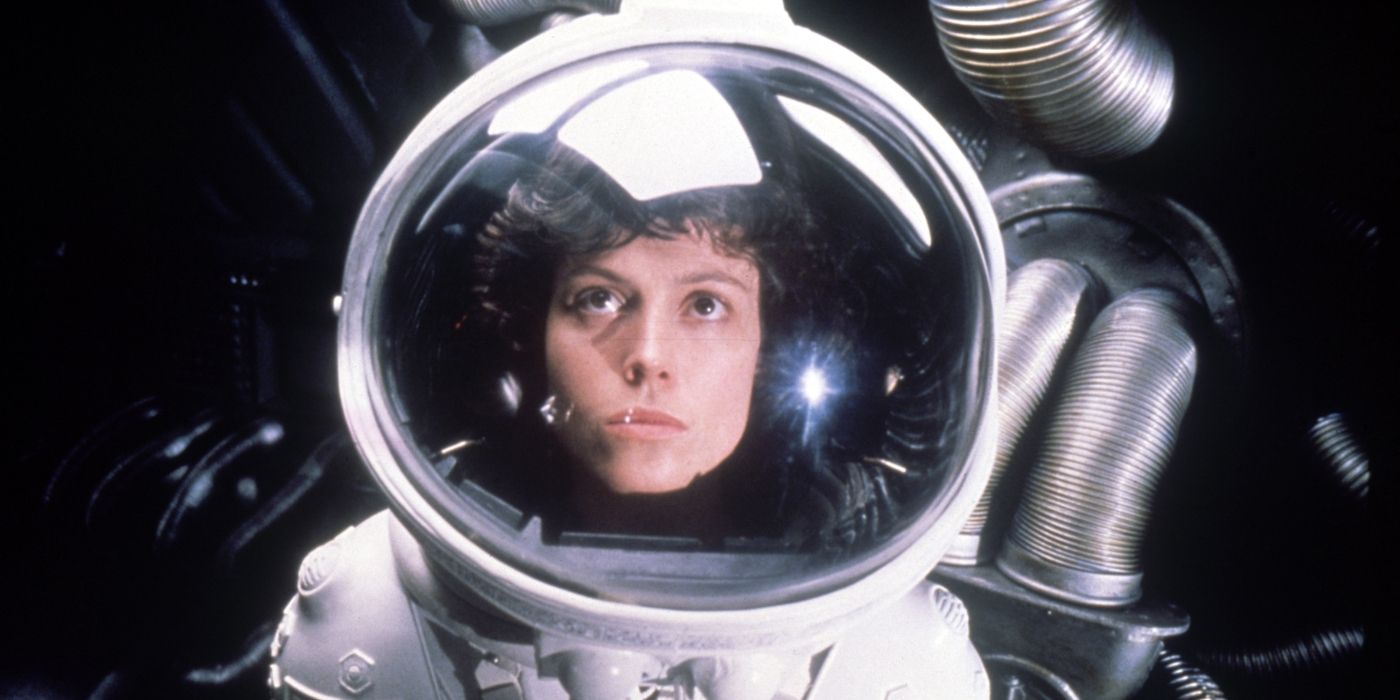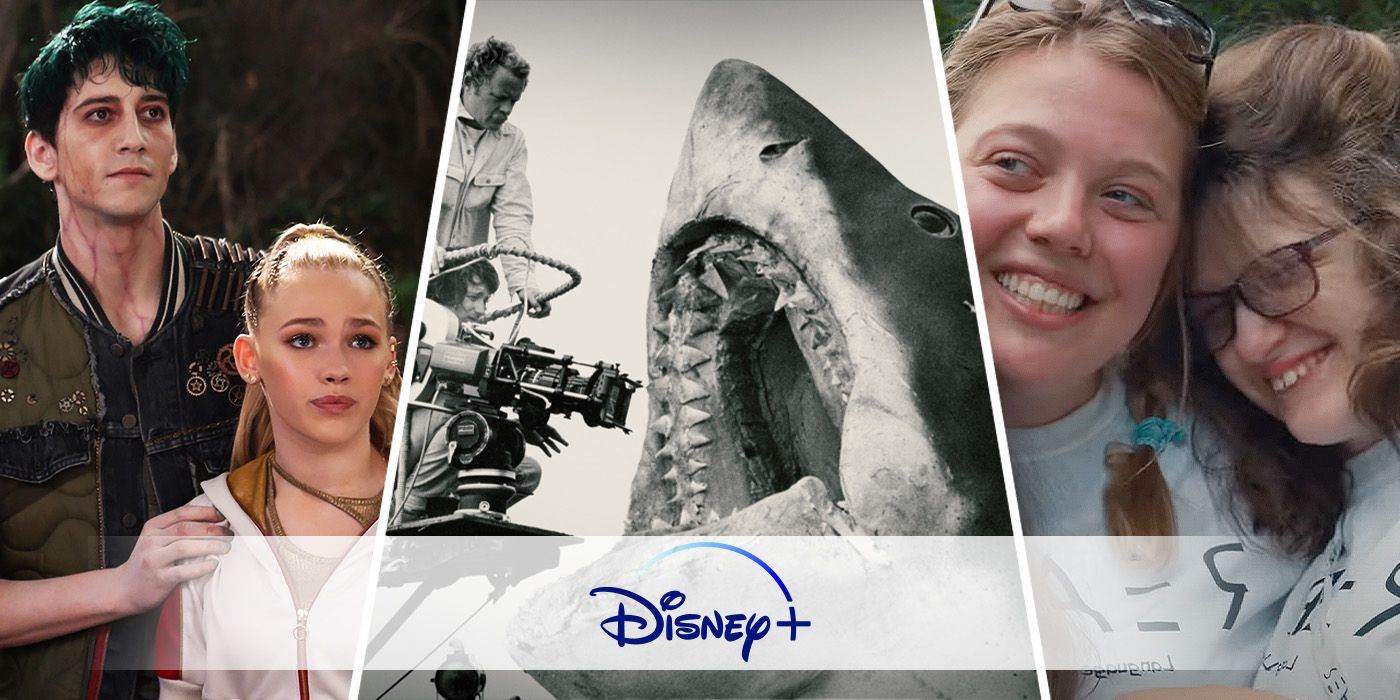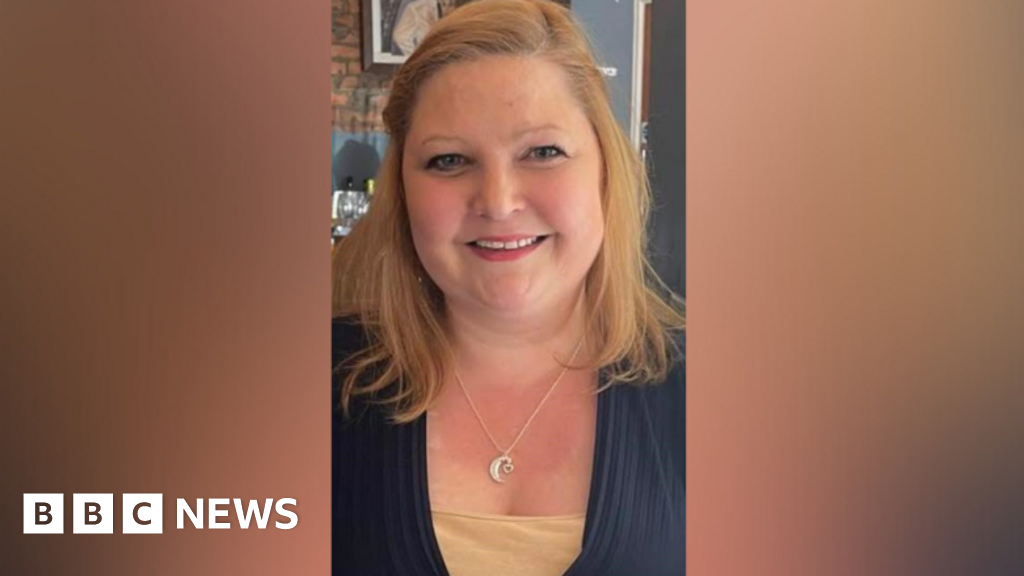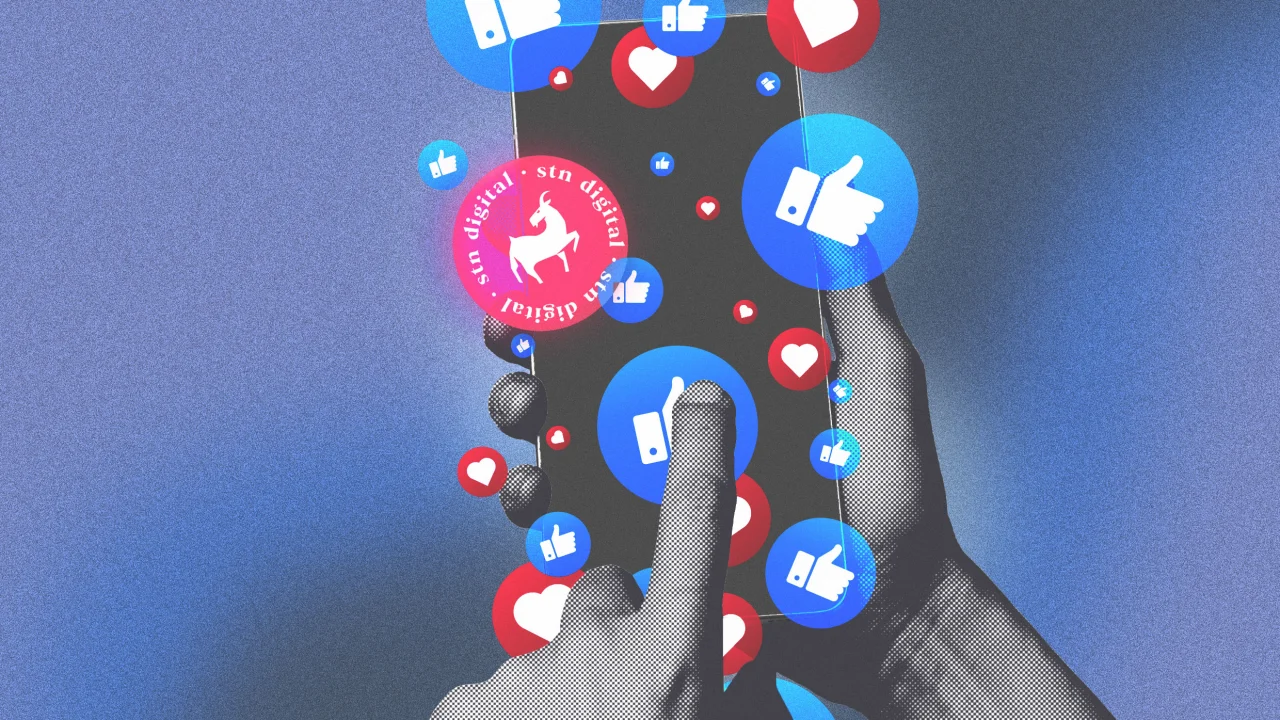Summer reminds us: Play is essential

At my house, there’s an ongoing countdown—my three daughters are eagerly ticking off the days until school’s out. They’re dreaming about camp, late nights outside, and long days filled with play. As a mom, I love their excitement and I know how important this time is for their health and physical development. I’m reminded at work that play shouldn’t be viewed as a luxury, but an essential.
At UNICEF, we know health, education, and protection from harm are foundational rights for every child. But it may be surprising how important play is in that equation. Research shows that when children have time and space to play, they’re not only happier—they’re healthier, more focused in school, and more likely to thrive long term. In fact, the American Academy of Pediatrics recommends that doctors actually prescribe play, recognizing its impact on brain development and emotional well-being.
Create spaces for children to be children
The lack of access to safe play areas, particularly children living in conflict zones, puts them at a disadvantage. To address this issue, UNICEF promotes physical activity and creates safe environments dedicated to play to ensure the health and well-being of children around the world.
Conflict and disasters are not only disorienting and traumatizing, but they often uproot children from their homes and rob them of opportunities to just be kids. In emergencies, UNICEF responds with medicine and humanitarian supplies, and works to set up child-friendly spaces too. A child-friendly space allows children in crisis to focus on being kids. Play creates a sense of desperately needed normalcy and goes a long way toward minimizing the effects of trauma.
Often when faced with a crisis, children are cut off from school. In these instances, a UNICEF child-friendly space will also serve as a temporary classroom or informal learning space. For many children who might never find their way back to school, these child-friendly spaces continue to offer basic education to keep those children learning.
Play isn’t a privilege, it’s a child’s right
When kids engage in play, they experiment with invention, boost creativity, enhance language and critical thinking abilities, and forge friendships. These skills are critical as they get older, and the lessons learned from play translate to the workforce.
The benefits reaped from play are so important that, last year, the United Nations established a day focused solely to the power of play. On June 11, International Day of Play was dedicated to celebrating the power of play and its central role in a child’s development. In addition to acknowledging the importance of play, UNICEF and other organizations are leveraging this moment as a call to action for governments, businesses, and other stakeholders to scale up services that promote play, enable access to preschool and learning through play for three- to six-year-olds, and ensure every child has access to safe, inclusive, and well-maintained play areas.
What starts on the playground also shapes the future
Play is more than just fun—it’s how children build the skills they’ll carry into adulthood. Through play, kids learn to solve problems, collaborate, think creatively, and build confidence—skills they’ll need not just in school, but as the workforce of tomorrow.
That’s why play doesn’t lose its value as we grow older. At work, my team carries big responsibilities, but I’ve seen how making space for play—even in small ways—strengthens our ability to connect, think differently, and lead with resilience. Play in the workplace isn’t frivolous—it’s foundational.
So now, as summer begins and our kids head into long days of play, we’d do well to remember: What starts on the playground doesn’t stay there. It shapes how we grow, how we work, and the kind of world we want to build.
That’s why UNICEF works around the world to protect every child’s right to play—because play isn’t a privilege. It’s essential for healthy development, learning, and healing.
Michele Walsh is executive vice president and chief philanthropy officer of UNICEF USA.
What's Your Reaction?
 Like
0
Like
0
 Dislike
0
Dislike
0
 Love
0
Love
0
 Funny
0
Funny
0
 Angry
0
Angry
0
 Sad
0
Sad
0
 Wow
0
Wow
0


